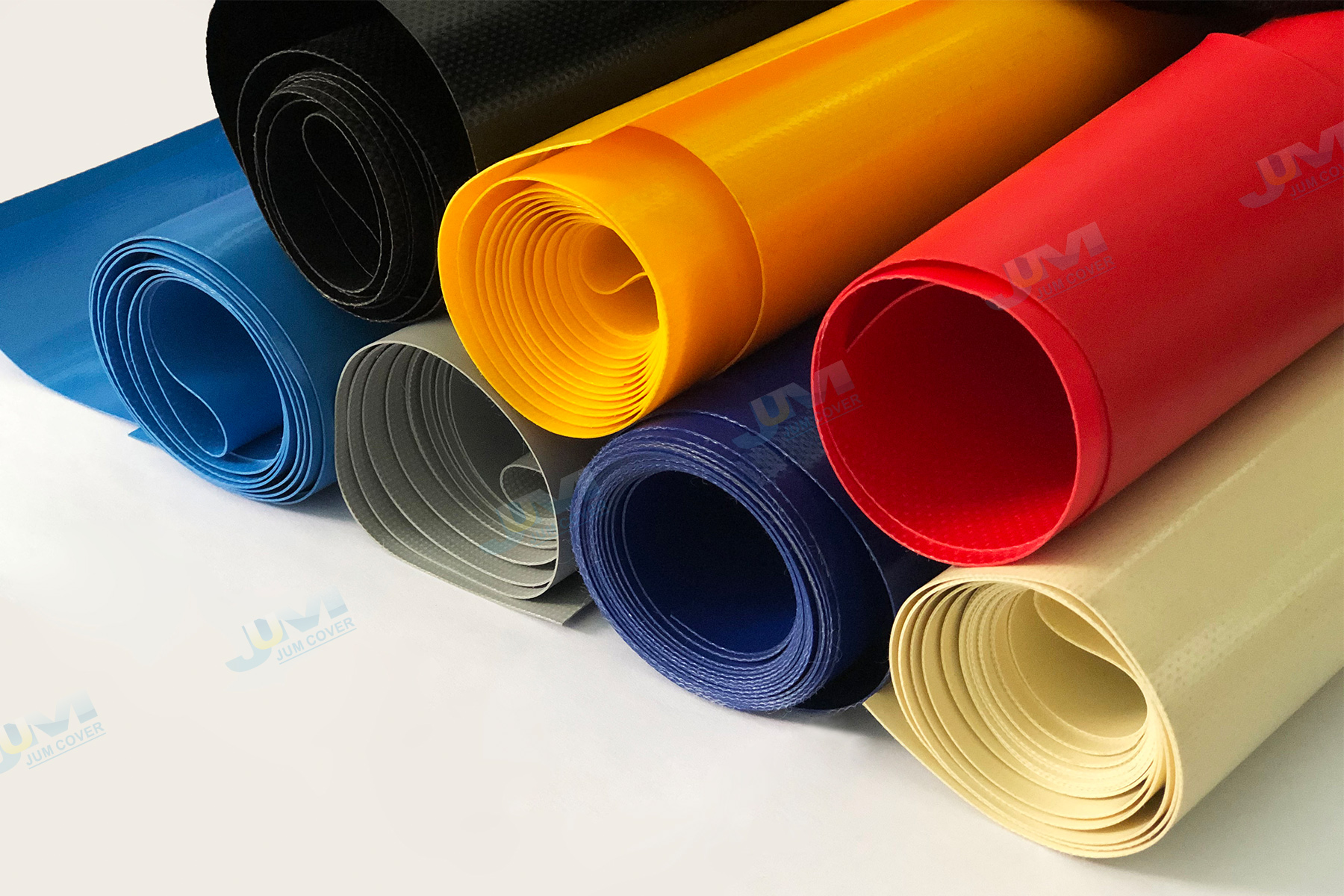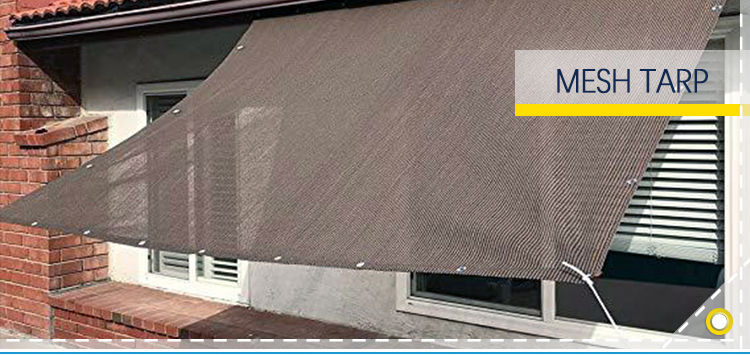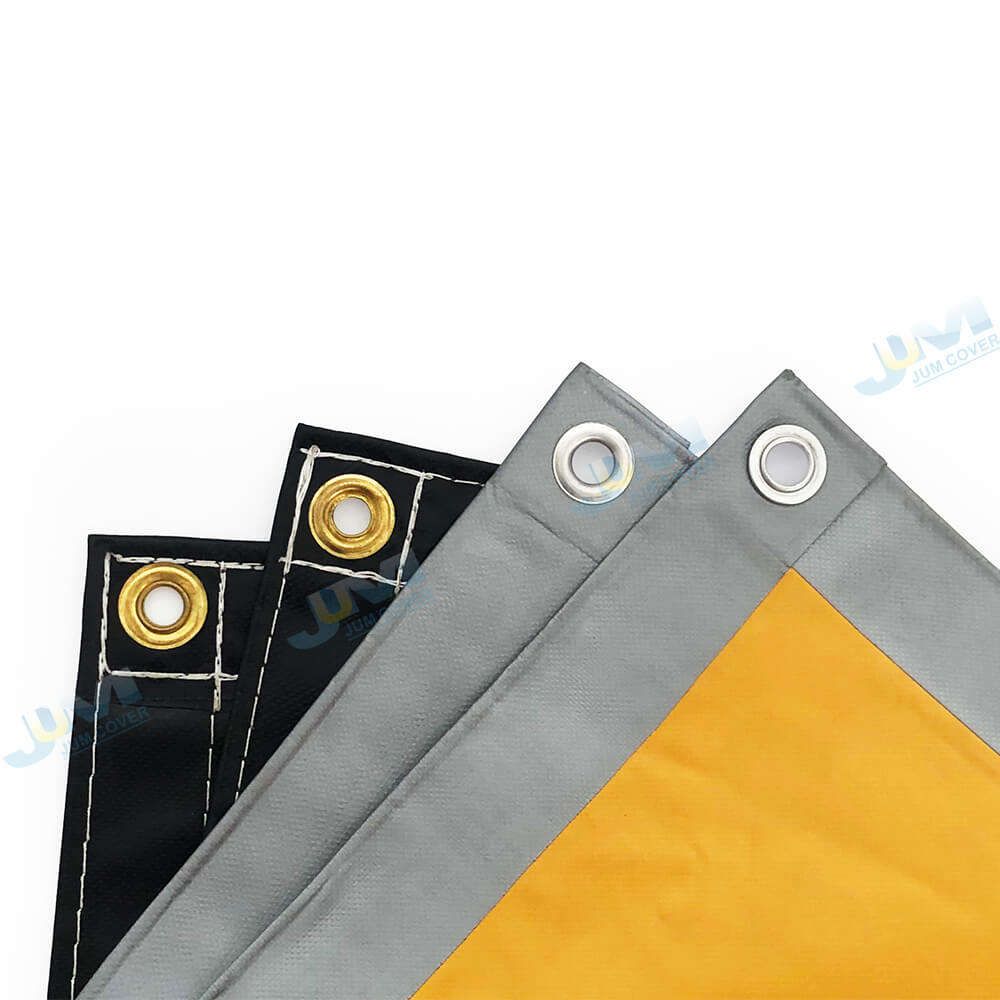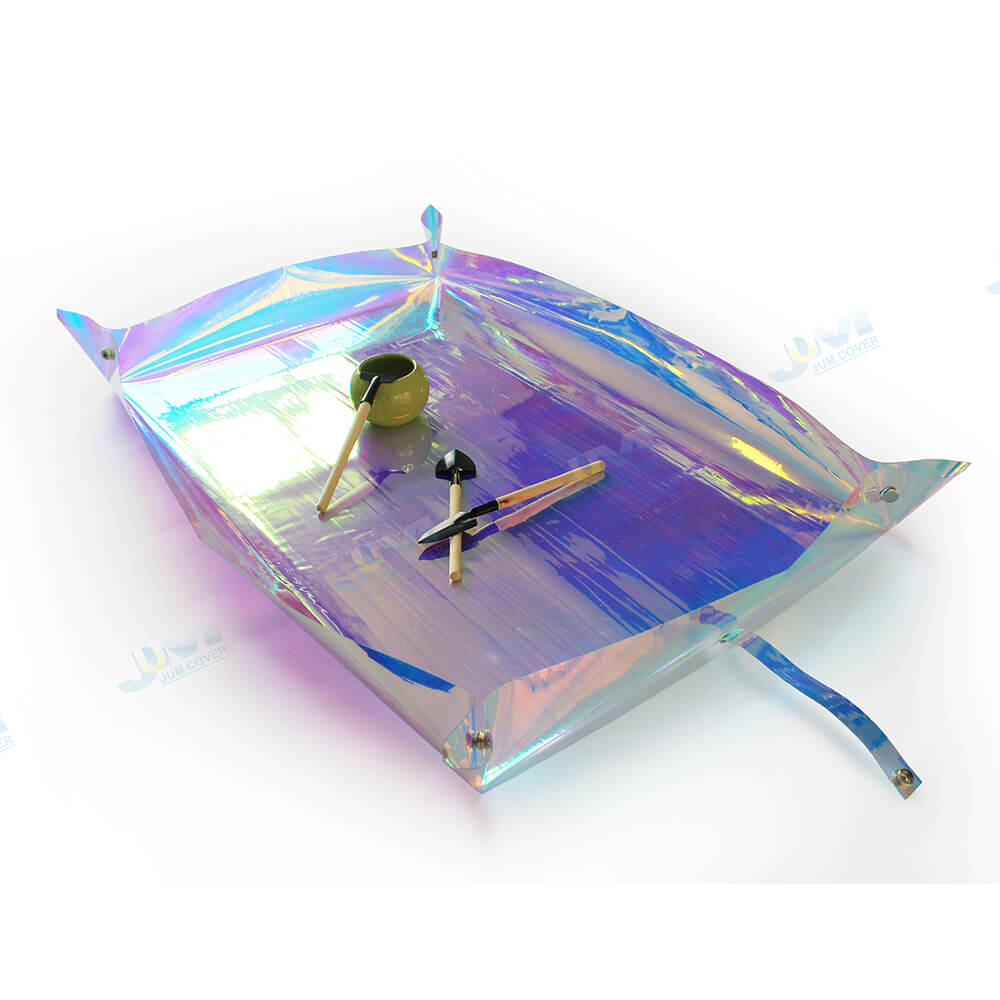Tarps News Categories
What is the Longest Lasting Tarp Material?
If you're wondering which type of tarp material is best for a particular job, keep reading. Here you'll learn about Vinyl, Mesh, PVC, and Polyethylene. Learn how these materials will protect your property and last the longest. And be sure to read the manufacturer's specifications to make sure you're getting the most durable tarp possible. But before you make a decision, read about the most common uses of these materials.

Vinyl
Heavy-duty vinyl tarps are the most durable type of tarp. They are resistant to tearing, fading, and corrosion, and can be used for temporary roof repair and flood barriers. A long-lasting tarp is very important for your protection during unexpected weather conditions. A heavy-duty tarp should also keep rain out. The following tips will help you choose the best material for your tarp.
Vinyl is a strong and breathable material. Its durability makes it an excellent choice for applications where high temperatures are likely. Vinyl tarps are waterproof, and they are very durable. The material may shrink slightly with time, but they still outlast poly tarps. And because they are trailer-compatible, they are often the most popular choice for tarps. Canvas tarps are also durable and can last for years.

Mesh
For the longest life span of any tarp, look for a material that is water and UV resistant, such as mesh. It is not as durable as polyethylene, which is why it is better for use in dry climates. This tarp material is made from woven fabric with holes. You can easily maintain mesh tarps by cleaning them once a year and coating them with a water-based detergent.
Vinyl mesh tarps are designed with an open weave, allowing air and filtered sunlight to flow through them. This type of tarp is also perfect for light-duty uses, such as a pool cover. Polyester mesh tarps are usually coated with PVC or vinyl, and the coated versions tend to be more durable. Mesh tarps also tend to hold up better in windy conditions because they allow air to circulate.

Polyethylene
If you're looking for a durable tarp that can be used for multiple purposes, consider a polyethylene tarp. Polyethylene is water-resistant and resistant to UV rays, flames, and wear and tear. Its versatility also means that it can handle a wide range of temperatures without succumbing. For this reason, poly tarps are excellent for a variety of applications.
Heavy duty poly tarps are extremely durable, weighing about five to six pounds. They feature brass grommets and reinforced hems to resist wear and tear. These tarps are great for use on railroad cars and as a cover for asbestos containment and remediation projects. Heavy duty poly tarps are made to last for longer than light-duty tarps.
The durability of a tarp is also determined by its material. The most durable tarps are made of polyethylene, which is more expensive than some alternatives, but it has many benefits. Most of them have metal grommets spaced 18 inches apart, which makes them easier to tie down. These tarps are also UV-resistant and mildew-resistant, though they may be a bit pricy.

PVC
There are three main types of tarp materials: polyethylene, vinyl, and canvas. Each is suitable for different applications. Here, we will explore each of these materials and describe the differences between them. PVC is the most durable and flexible material among them. It is treated with chemicals to make it resistant to UV rays and fire. In addition, it is also highly breathable. To find the right tarp for your needs, you should consider its construction.
Vinyl tarps are heavier duty than polyethylene. PVC is more expensive, but it is necessary for industrial use. PVC tarps are made of flexible polyvinyl chloride (PVC), which is more commonly used for PVC pipe. Plasticizers are added to this material to create a flexible tarp-like material. PVC tarps are widely used as welding curtains and floor coverings.
you may also like
- 14oz Pvc Coated Fabric
- 12 oz Pvc Coated Fabric
- 18 OZ. Pvc Coated Fabric
- Waterproof Window Side Curtain PVC Tarp Clear PVC Tarpaulin for Tent
- Clear Tarp Transparent PVC Tarpaulin for Cover
- 28' X 28' (10' Drop & Flap) Heavy Duty Flatbed Trailer Lumber Tarp - 18 Oz Tarp
- 550G Keder Tent Material
- Clear plastic curtains vinyl tarps with grommets
- PVC knife coating fabric Membrane - Blue
- Transparent PVC Tarpaulin Super Clear PVC Fabric
others also viewed
- How To Choose The Best PVC Tarpaulin Outside?
- Manufacturer of 900GSM Heavy Duty Large PVC Tarpaulin
- Something About PVC Tarpaulin
- Lumber Tarps
- What you need to know about Poly Tarps
- The Difference Between PE And PVC Tarpaulin
- How to make pvc tarpaulin more durable? ---Chapter 2: How to Storage
- How to detect the density of pvc coated fabric
- Industrial fabric popular science series Three---Basic fabric
- Advantages of using flatbed tarp